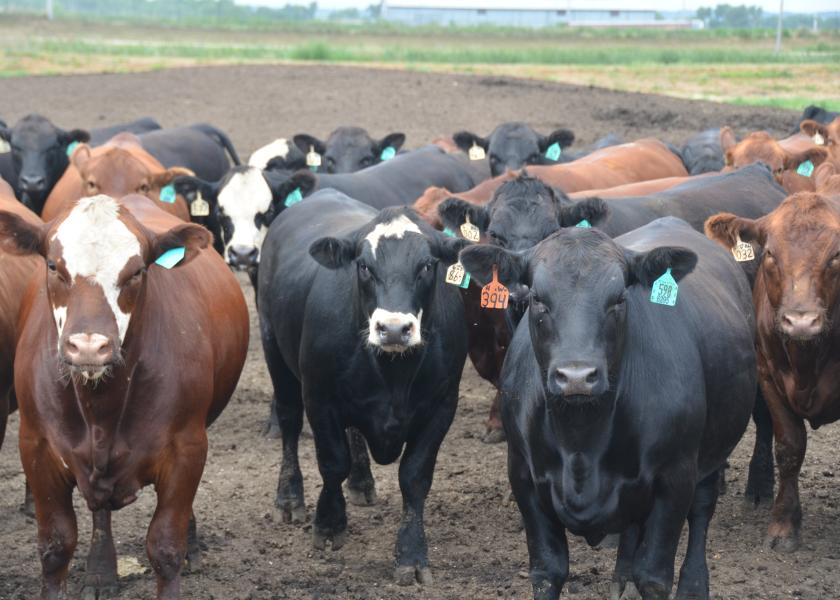Derrell Peel: Beef Supply Chains Affected By COVID-19

The cattle and beef industry, along with the rest of the U.S. and global economy, is in uncharted waters with the coronavirus pandemic. There are many unknowns about the timing, severity and aftermath of the disease.
For the beef industry, there are longer term questions about overall impact on domestic and international beef demand, with questions about a U.S. and global recession looming large. In the short run, the actions needed to manage the epidemiology of COVID-19 is having significant impacts on beef supply chains.
The multitude of beef products that are produced by the beef industry are marketed through three broadly aggregated market channels: Retail grocery; food service; and exports. These different market channels involve different mixes of products and each utilizes different supply chains. Retail grocery and food service represent the bulk of domestic beef demand.
USDA data shows that food at home (which roughly matches retail grocery) represents about 46 percent of total food expenditures in the U.S. Food away from home represents about 54 percent of total food expenditures. Food away from home (roughly food service), includes what is sometimes referred to as the HRI (hotels, restaurants, institutions) sector.
The immediate response to COVID-19 is to limit travel, gatherings and public activities. Reduced travel, fewer restaurant visits and school closures all impact the HRI sector. This implies a dramatic shift of food from the food service (HRI) sector into retail grocery sales. This represents huge demands on grocery store sales and the logistics of supplying retail stores. For beef, there is immediate demand for more processing, packaging and shipping of beef for retail sale and less processing and shipping of meat through food service distribution channels.
As noted, grocery stores and restaurants typically sell somewhat different beef products in different proportions. Many retail grocery businesses do not have in-store butchers (though there are exceptions), which limits grocery store flexibility to change product offerings. Retail grocery sales are planned many weeks in advance, not only for advertising schedules, but to ensure logistics of product supply.
There will be a variety of impacts on markets for specific beef products. For example, increased demand for ground beef has resulted in local shortages of product at grocery stores, while reduced restaurant demand may result in weaker middle meat sales. We can expect significant disruptions and stress on beef supply chains given the consumption changes associated with requirements to control COVID-19.
A significant threat exists for bigger disruptions to beef supply chains if labor for beef packing, processing, and shipping are directly impacted by COVID-19. The packing plant closure last year provides a recent vivid example of the vulnerability of the beef packing and processing sector and the potential market impacts that would result if COVID-19 causes labor shortages. It will take more time before the longer term ramifications of COVID-19 on overall beef demand are known.
Related stories:
Derrell Peel: Decision-Making In Turbulent Markets







